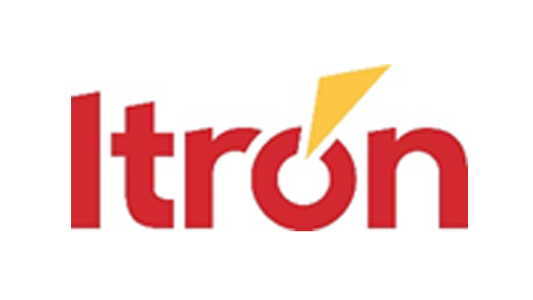LIBERTY LAKE, Wash. – Itron, which is innovating new ways for utilities and cities to manage energy and water, today released its 2024 Resourcefulness Insight Report (“the report”) that explores the current trends and future expectations of artificial intelligence (AI) and machine learning (ML) on utility operations and strategies. The report, Exploring AI for Utilities: The Promise and Challenges of Artificial Intelligence, summarizes key findings from 600 utility executives from the United States, Canada, France, United Kingdom, India and Australia about the strategic importance of AI and ML in addressing industry challenges.
“Our research provides an in-depth look at how utilities are grappling with historic growth in electricity demand while keeping safety front and center,” said Marina Donovan, vice president of global marketing, ESG and public affairs at Itron. “As utilities continue their journey toward a more connected and intelligent grid, the integration of AI and ML becomes both a necessity and a strategic advantage to meeting today’s challenges.”
As demand for electricity continues to grow—which utility executives indicate is driven by data centers for cloud computing and AI (40%), new construction (32%) and sustainability initiatives like solar and electric vehicles (31%)—utilities are facing unprecedented challenges in maintaining reliable and resilient grid operations. Published today in conjunction with Itron Inspire 2024, the company’s premier customer-focused event, the report reveals that utilities identify AI and ML as crucial technologies for addressing high priority operational challenges.
“The greatest challenge and opportunity facing the utility sector is figuring out how to double or even triple the size of the grid over the next two decades while maintaining affordability, improving reliability, and decreasing its environmental impact. The findings from Itron’s Resourcefulness Insight Report highlight the importance of strategic, forward-thinking investments in technology and infrastructure to ensure an accessible, safe and sustainable energy future for all,” said Dr. Michael Webber, Sid Richardson Chair in Public Affairs and the John J. McKetta Centennial Energy Chair in Engineering at the University of Texas at Austin.
Additional findings include:
- Utilities’ top technology investment priorities over the next five years to address these challenges include distributed energy resource management systems DERMS (26%), sensors (23%), consumer engagement tools (22%), and low-voltage distribution network management (20%).
- 82% of utilities are in the process of adopting AI/ML.
- Enhancing safety is the top use case for AI/ML (49%), followed by cyberthreat detection (34%) and predictive maintenance (33%).
- Barriers to developing and deploying AI/ML solutions are lack of expertise (43%), high investment/integration costs (41%), data infrastructure, governance, standardization and scalability (40%) and risks of unproven technology (39%).
The report highlights the strategic importance of AI and ML, particularly through the adoption and enhancement of grid edge intelligence, which provides greater insight and control across the distribution network. Utility executives identify many benefits associated with AI, ML and grid edge intelligence. All countries surveyed agreed that the top area where AI and ML can have the biggest impact is detecting and managing potentially dangerous situations.
“As utilities improve intelligence at the grid edge through the adoption of AI and ML, they are optimizing operations and paving the way for a more sustainable and resilient future,” added Donovan. “Our findings reveal that the age of AI for utilities is here, and the strategic deployment of these technologies is crucial for enhancing safety, improving consumer engagement and achieving long-term sustainability goals. The commitment of utilities to harness the power of AI and ML will be a driving force in shaping the next generation of smart utility management.”
To download a full copy of the Itron Resourcefulness Insight Report as well as the research, visit www.itron.com .
Methodology
The 2024 Resourcefulness Insight Report consolidates perceptions of utility executives on topics relating to AI, ML and edge intelligence. A total of 600 online surveys were completed in June 2024 by utility executives in Australia, Canada, France, India, the United Kingdom and the United States. Respondents were mid-level managers or higher who have input on decision making for electric, gas and water utilities. Their areas of responsibility ranged from selling products, working in operations, strategic planning, customer service and a variety of administrative services.












